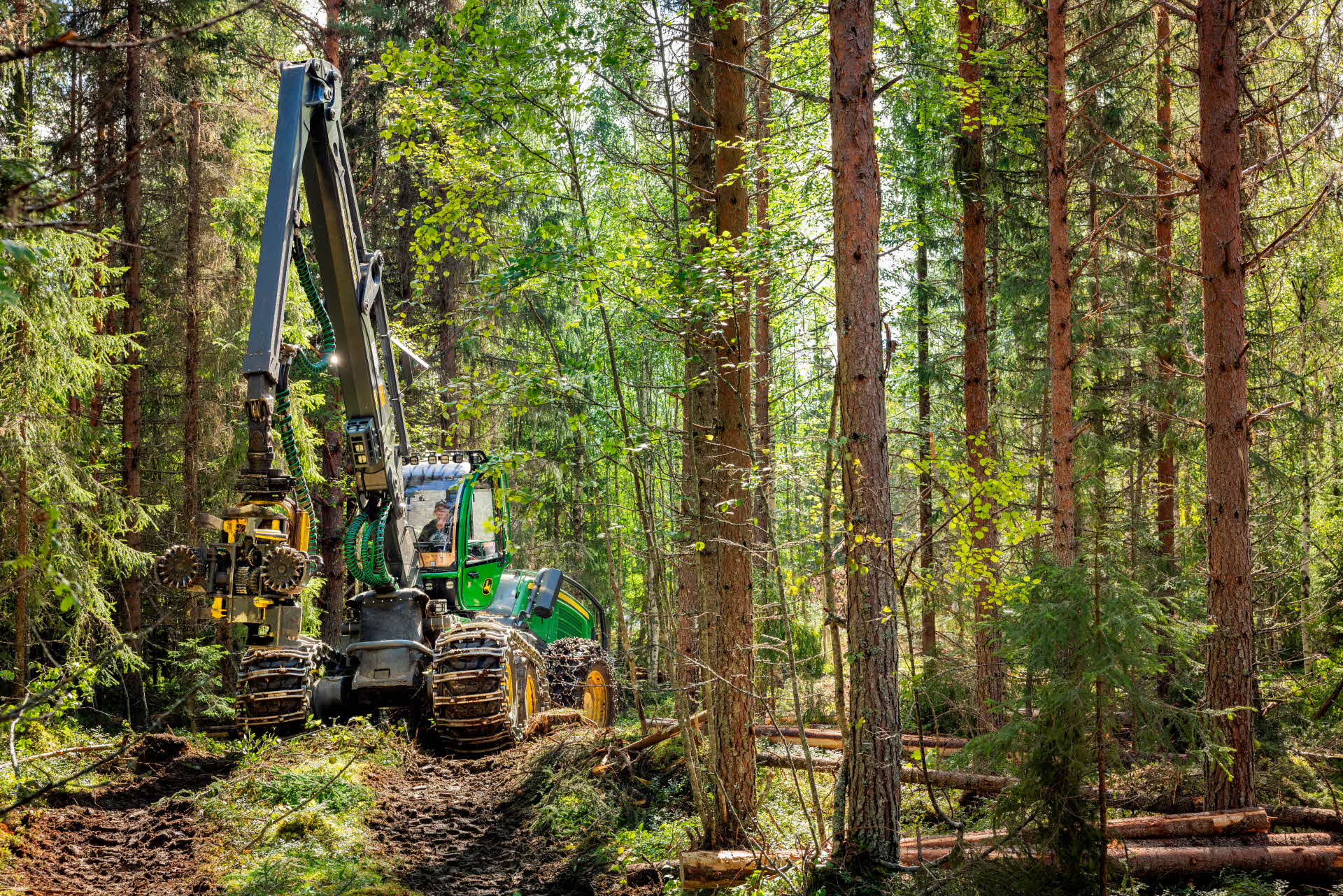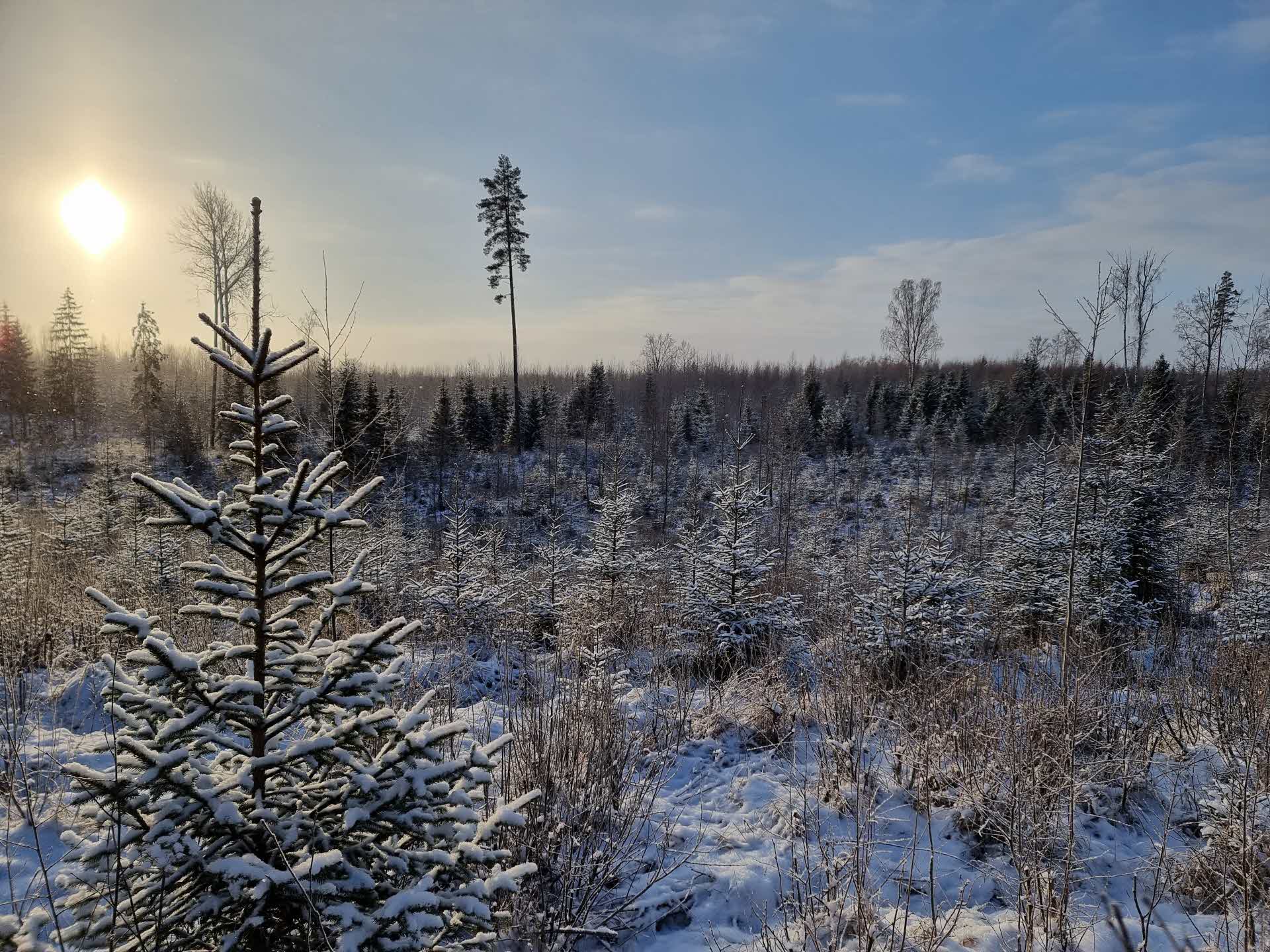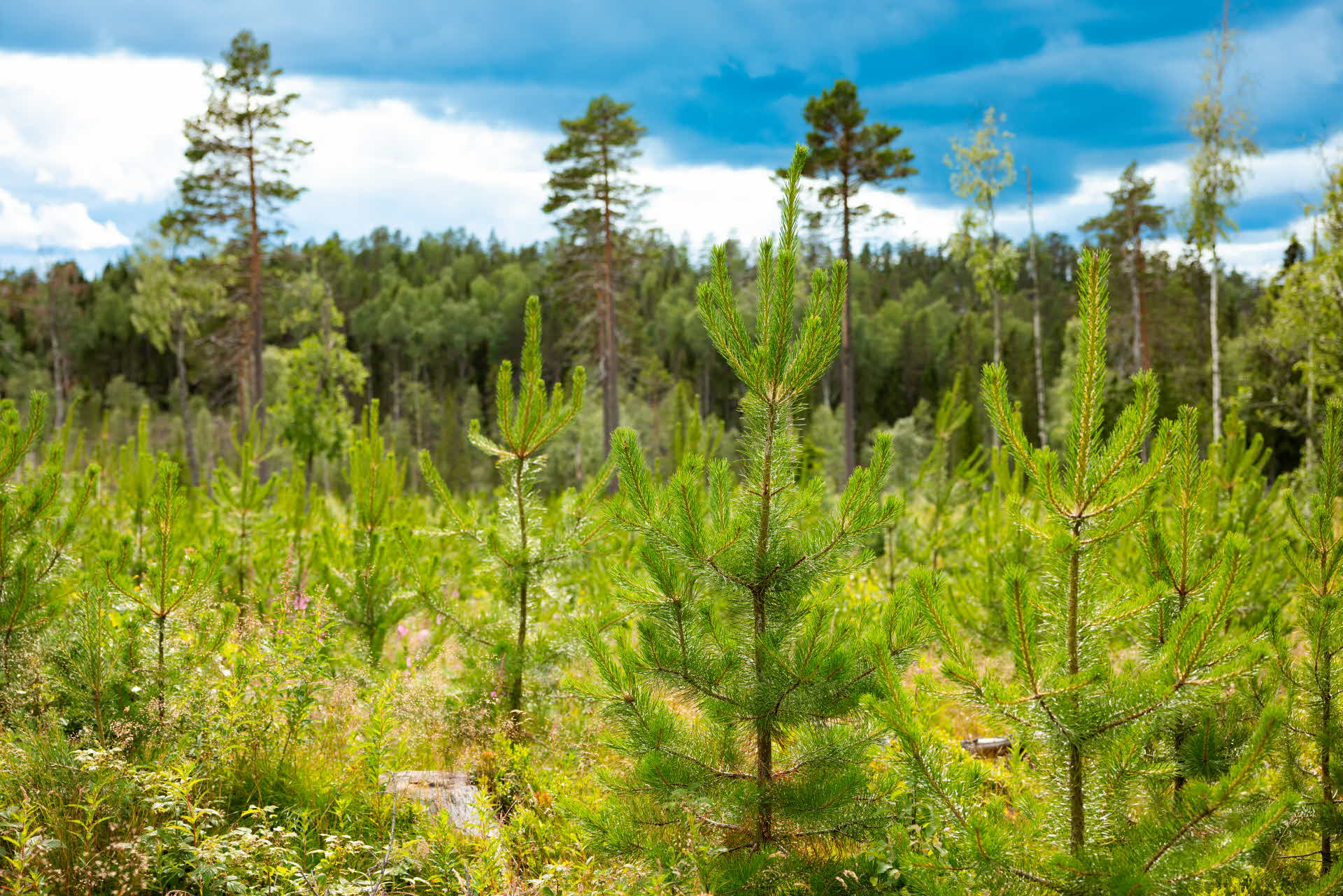
Forestry in northern Sweden: a societal cornerstone
- News
- Company news
Forestry in northern Sweden is a societal backbone that connects the economy, climate, and welfare. The two reports released by SCA this year clearly demonstrate the crucial importance of forests and forestry for the four northernmost counties—and, by extension, for all of Sweden.
There are two main dimensions: economic benefits and climate benefits. Together, they provide a picture of an industry that is not only fundamental for the development of Norrland but also for the country’s ability to achieve a profitable transition to a sustainable society.
The economic benefits are substantial. The forest industry in Norrbotten, Västerbotten, Jämtland, and Västernorrland generates an annual contribution of over SEK 50 billion to the regional economy. Nearly half of this consists of spillover effects to other sectors. This is not just about sawmills and pulp industries—it concerns thousands of companies that thrive on the forest’s dynamics: transportation, services, innovation, and technology. Together, this amounts to tens of thousands of jobs and billions in tax revenue that fund healthcare, schools, and social services.
At the same time, the climate benefits are striking. Forests in the four northernmost counties provide climate benefits equivalent to Sweden’s total greenhouse gas emissions. Forest growth exceeds harvesting by a wide margin, meaning that timber stocks continue to increase while the products we use replace fossil alternatives. Houses built with wood, biofuels in district heating, bio-based packaging instead of plastic—these are all concrete examples of how northern Sweden contributes to the global climate effort.
Forests are also a strategic natural resource. They provide Sweden with self-sufficiency in a renewable raw material, reducing dependence on imported materials and energy. In a time when international relations are uncertain and some states do not necessarily act in Sweden’s best interest, forests are an asset that strengthens our independence and ability to stand on our own.
Taken together, this makes it crucial that Sweden is able to leverage the benefits of forestry to enhance them even further. Every percentage increase in the bioeconomy can directly generate positive economic development in rural areas, contribute to climate efforts through more renewable consumer choices, and promote Europe’s self-sufficiency.
Sweden can move in the right direction by allowing the ongoing forestry investigation to pragmatically open the door to a more proactive forestry policy, while also addressing the most evident shortcomings and negative aspects of species protection. In parallel, it would be desirable for Sweden to advocate for a revision of the EU LULUCF regulation so that renewable forest-based export products are credited for the actual climate benefits they create.
Currently, about 25 percent of Swedish forests—and slightly more in northern Sweden—are excluded from use through nature reserves, voluntary set-asides, and low-productivity land. Here, biodiversity exists alongside modern, active forestry that takes responsibility for both natural and cultural values.
This is a generous level of protection, but it also requires that the portion of the forest not excluded from forestry is actively and efficiently managed to maximize societal benefits.
The reports show that forestry in northern Sweden is not a conflict between economy and ecology. On the contrary: it is a prerequisite for both. When the forest industry develops, it strengthens public services, climate efforts, and future confidence throughout the region. It keeps people in their communities and opens opportunities for future generations.
If we are serious about ensuring that all of Sweden thrives, and that the climate challenge is met with realistic solutions, we must understand and safeguard the role of forests. The four northernmost counties carry significant responsibility and contribute economically viable solutions to the transition.
Forestry is not a problem to manage—it is part of the solution to one of the greatest challenges of our time. Therefore, Sweden should work toward a larger bioeconomy and more active forestry in Norrland, across the country, and throughout the EU.
Ulf Larsson, CEO and Group President, SCA
Links
Dagens industri, debate article - (Swedish text)
SCA's report about importance of forestry - (Swedish text)
SCA's report about climate benefits - (Swedish text)
Photo: Michael Engman


